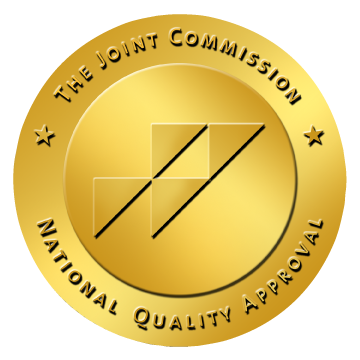Sold everywhere from smoke shops and gas stations to online retailers and CBD suppliers, it isn’t hard to find kratom these days. In fact, according to the American Kratom Association, there are more than 15 million kratom consumers in the U.S. alone. Advocates for the herbal supplement tout it as a natural home remedy for common ailments like fatigue and pain. But most health and medical experts — including the U.S. Food & Drug Administration (FDA), which has not approved any uses for kratom and warns consumers not to take the supplement — feel otherwise.
Today, we’ll answer questions on what kratom is, how it’s used, if it’s addictive, and a few other important topics you should know.
Kratom is an herbal extract derived from the leaves of Miragyna speciosa, an evergreen tree that grows in Southeast Asia. The tree’s leaves contain psychotropic compounds that can cause its users to experience mind-altering effects. Despite this, kratom is not currently an illegal substance on the federal level and is readily available both online and at a variety of brick-and-mortar shops in many states.
Kratom’s use has evolved over time. Thousands of years ago, farmers in Asian countries like Thailand and Malaysia began to chew the plant’s leaves or brew them in tea to draw out its effects. While it can still be brewed in tea, today’s consumers have additional options that are much more convenient to use. Kratom paste, capsules, and tablets are the most popular forms, with each of those delivery mechanisms utilizing crushed or powdered leaves.
One of the more dangerous ways to use kratom is a cocktail that includes the tree’s leaves, a caffeinated soft drink, and codeine. The drink has become increasingly popular in recent years in the southern parts of Thailand, which only recently decriminalized kratom.
Since kratom is psychoactive, its biggest impact is on the brain. On its website, the National Institute on Drug Abuse notes that “kratom can cause effects similar to both opioids and stimulants.” The two compounds in kratom leaves that interact with the brain’s opioid receptors are mitragynine and 7-α-hydroxymitragynine, which can produce a range of sensations, from sedation to pleasure. When taken in large doses, the supplement can cause unfortunate side effects.
The most common side effects of kratom use are nausea and constipation, though muscle tremors, itching, sweating, dizziness, dry mouth, seizures, hallucinations, and liver damage can also occur.
The National Institute on Drug Abuse reports that multiple people have died after ingesting kratom; however, most used other substances as well. One reason why many experts advise against using kratom is that it is unregulated and lacks standardization. Because of this, kratom can be falsely marketed, be presented as another name, or be laced with other harmful substances. It’s not uncommon to find kratom labeled as incense or mixed with drinks in some bars or clubs, all of which can cause health complications for unsuspecting users.
Additionally, kratom can adversely alter the development of infants. Pregnant women are strongly advised against using kratom as it can cause the baby to be born with symptoms of withdrawal. Salmonella has also been linked to kratom products, with 130 people across nearly 40 states falling victim to illness after taking kratom that had been tainted by the bacteria.
Like other drugs that cause psychoactive effects, kratom can become addictive, with results from one particular animal study suggesting the mitragynine in the leaves to be what possesses the addictive properties. In an online drug fact sheet on kratom, the Drug Enforcement Administration (DEA) unequivocally states that “kratom consumption can lead to addiction.” Further, the DEA writes that individuals addicted to kratom have exhibited “psychotic symptoms,” including hallucinations.
Abruptly stopping the use of kratom when addicted can result in the same type of withdrawal symptoms someone might experience after discontinuing their use of illegal drugs. These symptoms can include pain, irregular sleep patterns, diarrhea, fevers, nervousness, and fluctuations in mood.
The New England Medical Group provides patients with a holistic approach to substance use disorder and addiction targeted at the root of the problem. We offer advanced therapy options and medication-assisted treatment to ease withdrawal symptoms and set you up for future success and a life free of kratom. Fill out our simple form to request an appointment to learn more about how we can help.
